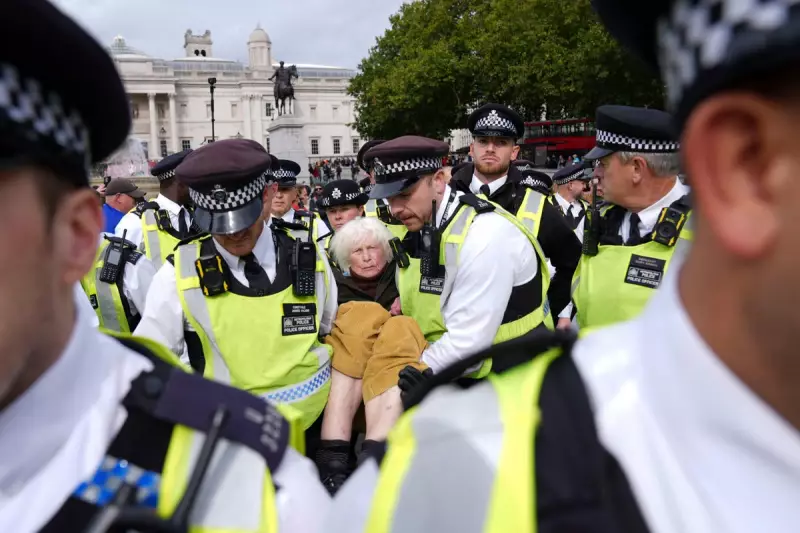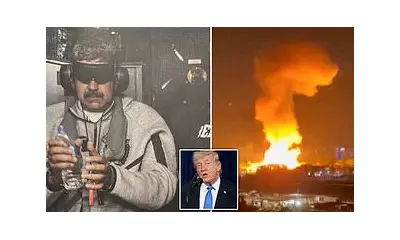
Shadow justice secretary Shabana Mahmood has launched a scathing attack on police forces across England and Wales, accusing them of engaging in "political policing" amid the ongoing pro-Palestine demonstrations.
The Birmingham MP expressed grave concerns after receiving multiple reports of police officers threatening protesters with arrest for simply displaying Palestinian flags or chanting pro-Palestinian slogans during peaceful demonstrations.
Growing Tensions on British Streets
In a strongly worded statement, Mahmood declared: "I am deeply concerned by the number of reports I have received of police officers threatening to arrest people for displaying a Palestinian flag or chanting 'Free Palestine' at demonstrations."
She emphasised the fundamental rights at stake, stating: "The Palestinian flag is not a banned symbol, and chanting 'Free Palestine' is not a criminal offence."
Fundamental Rights Under Threat
The Labour frontbencher warned that police actions risked crossing a dangerous line, saying: "This is political policing, plain and simple, and it has no place in a democratic society."
Her intervention comes as tensions continue to escalate following Hamas's attack on Israel on October 7 and Israel's subsequent military response in Gaza, which has resulted in significant civilian casualties.
Police Response and Legal Framework
While UK police have the authority to intervene when demonstrations turn violent or involve hate speech, Mahmood argues that the threshold for intervention appears to have been lowered unnecessarily.
She stressed that while public order and community safety remain paramount, "the right to peaceful protest and freedom of expression are fundamental to our democracy and must be protected."
Call for Proportional Policing
The shadow justice secretary called for a more measured approach from law enforcement, urging police to "focus on keeping people safe and preventing hate crime, rather than threatening to arrest people for expressing political views."
This development highlights the delicate balance UK authorities must strike between maintaining public order and protecting democratic freedoms during periods of international conflict that resonate deeply within British communities.





